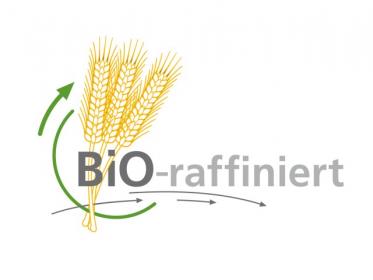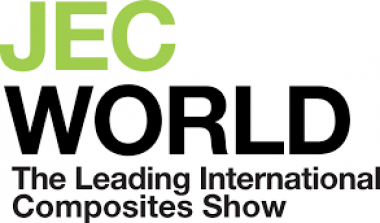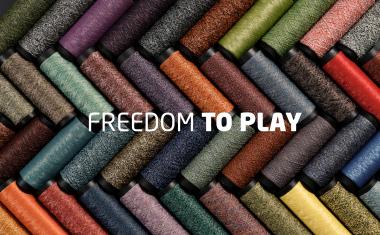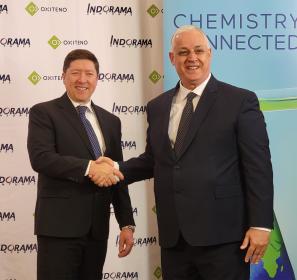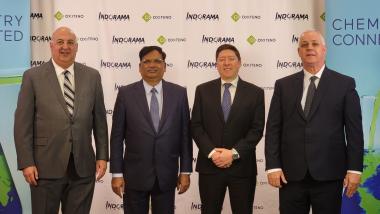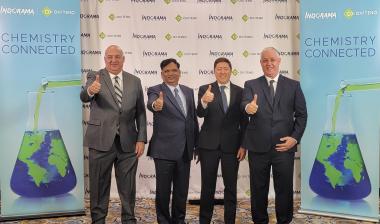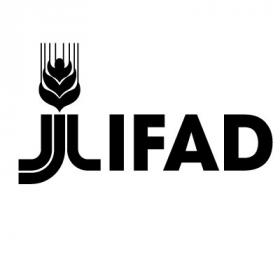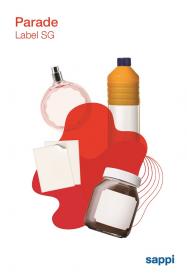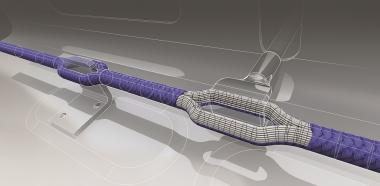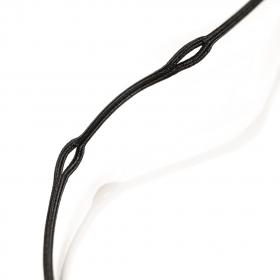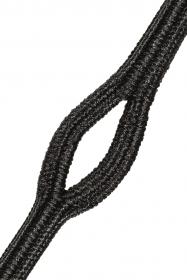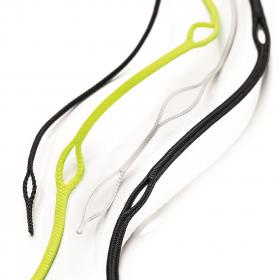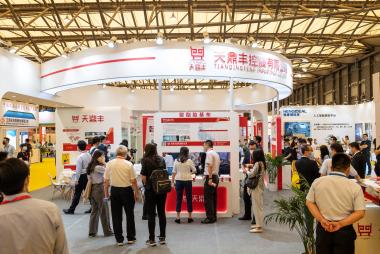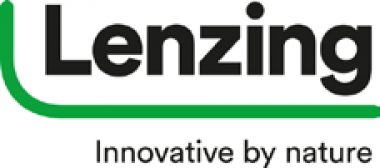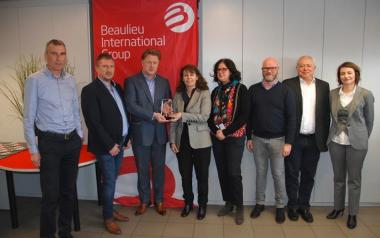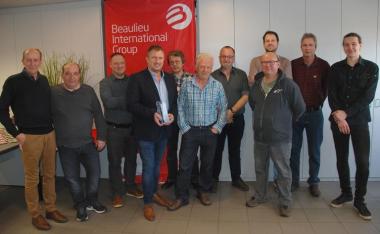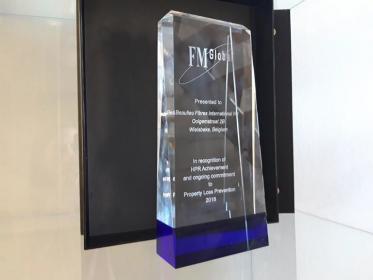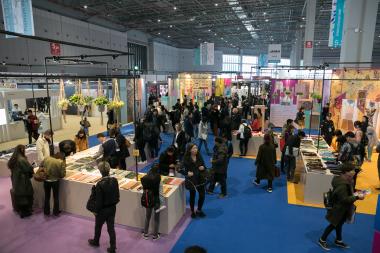Call for Papers »BIO-raffiniert XII« 2023
The process industry today still relies primarily on fossil raw materials. A transformation towards regenerative resources, in particular renewable raw materials, is under way. In addition, circular economy, recycling and resilience play important roles in existing and new value chains. The congress "BIO-raffiniert XII", March 7 and 8, 2023 at the Fraunhofer UMSICHT in Oberhausen, takes up these topics and focuses on innovative technologies, sustainability strategies as well as logistics and supply chains. Its thematic focal points will be: Bioeconomy - Strategy and Implementation, Transformation Pathways and New Value Chains. Regional as well as international developments will be addressed.
The institute invites interested experts to present their innovations, concepts, or industrial practice solutions around the bioeconomy transformation in the context of short presentations in English (10 min presentation). The deadline for proposals outlined in a one-page abstract is: Tuesday, September 16, 2022.
Further information online.
Fraunhofer UMSICHT Fraunhofer-Institut für Umwelt-, Sicherheits- und Energietechnik UMSICHT bioeconomy
Fraunhofer-Institut für Umwelt-, Sicherheits- und Energietechnik UMSICHT


